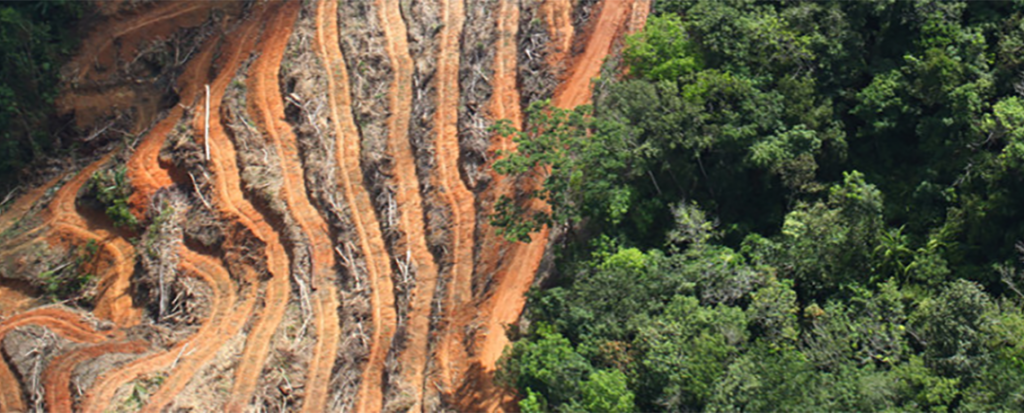
Originally Published at MongaBay.com
Two new analyses show that companies reliant on agricultural commodities like beef, palm oil, pulp and paper, and soy have underestimated the risk of deforestation in their supply chains and are unlikely to achieve their current time-bound goals for severing ties with forest destruction.
London-based non-profit CDP, formerly known as the Carbon Disclosure Project, released a report earlier this month, produced on behalf of 365 investors representing $22 trillion in funds, that analyzes data disclosures by 187 companies regarding their deforestation risk management strategies.
CDP’s analysis found that these global corporations — including consumer companies like Colgate Palmolive, L’Oréal, McDonald’s Corporation, and Marks & Spencer as well as major global commodities traders such as Archer Daniels Midland and Bunge — rely on the four main deforestation-linked agricultural commodities (cattle products, palm oil, soy, and timber products) for nearly a quarter of their revenues.
Yet despite the significant share of their income that is dependent on these commodities, just 42 percent of the companies surveyed have evaluated their supply chains in order to determine how their growth strategies for the next five years will be impacted by the availability or quality of those raw materials. CDP says that this suggests that companies are overlooking potential business risks linked to deforestation, including impacts arising from the physical effects of climate change on the quality, availability, and pricing of commodities; tighter regulations; and brand damage from increasing scrutiny of commodity-sourcing practices.
More than 80 percent of the agricultural producer companies that sit atop global commodity supply chains say they have already seen their operations impacted by links to deforestation over the past five years, leading to substantive changes to their business practices. Marfrig Global Foods, for instance, reported that drought conditions resulted in higher operating costs and reduced beef production in the Brazilian industry.
“Companies need to address the sustainability of products that drive deforestation quite simply to protect their balance sheets,” Katie McCoy, head of forests at CDP, said in a statement. “Supply chains are like rows of dominoes: if unsustainable commodities enter the top of a supply chain, the effects will cascade throughout. Failing to address deforestation will have knock-on reputational impacts, manifesting themselves as consumer boycotts, community opposition, and increased regulatory scrutiny. Business growth is at risk.”
Many of these companies understand the risks climate change, to which global deforestation is a major contributor, pose to their business operations. About a dozen companies assessed in the CDP report — including L’Oreal, Nike, Virgin Atlantic Airways LLC, and Unilever — are among the more than 360 American companies that signed a letter to US President-elect Donald Trump last month calling on him not to withdraw the US from the Paris Climate Agreement specifically because they believe it will harm their business prospects in the future.
